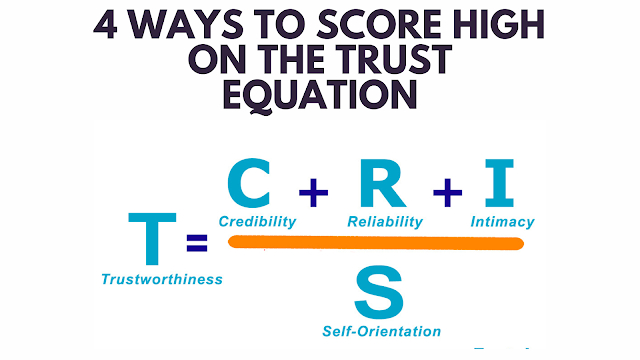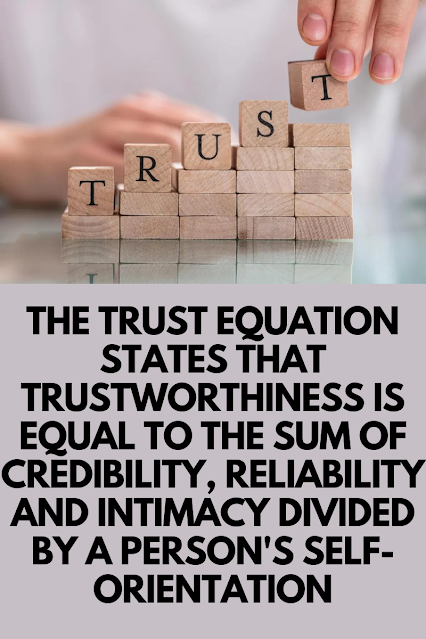Introduction: When Skincare Becomes a Practice of Self-Relationship At first glance, Skincare Journal by Linley & Miranda may appear to be a simple tracking tool—pages to note products, routines, and results. But spending time with the journal reveals that it is designed to be something far deeper. This is not merely a planner for skincare; it is a structured space for rebuilding one’s relationship with the self through consistency, patience, and awareness. In an age where skincare is often marketed as instant transformation, this journal quietly challenges that narrative. It frames skincare as a long-term conversation between the body, the mind, and daily habits. The underlying message is clear: healthy skin is not achieved through products alone, but through intentional self-care practiced over time. A Journal Built on Intentional Structure One of the journal’s strongest qualities is its structure. Linley & Miranda have created ...
Introduction
A key component of creating fruitful professional connections is developing trust. Trust is necessary to work together productively, speak honestly, and accomplish shared objectives. Charles H. Green created the Trust Equation, a robust framework that outlines the essential elements of trust in professional relationships, to assist professionals in understanding the factors that contribute to trust. Green co-wrote, The Trusted Advisor and Trust-Based Selling, books to explain more about this trust equation.Professionals can enhance their capacity to win others' trust by concentrating on these elements: Credibility, Reliability, Intimacy, and Self-Orientation. Green gave the trust equation as mentioned in the main image of this article:
TQ, or Trust Quotient, is the term for this. The Trust Quotient is a score that compares your level of trustworthiness to the four factors, similar to your IQ or EQ. Understanding the Trust Equation, created by Charles H. Green, is essential to forge stronger professional connections and advancing professionally. By enhancing these factors, you can raise the level of trust that other people have in you. This framework is an effective tool for understanding the factors that contribute to confidence in professional relationships.
Ways to Score High on the Trust Equation
The following ways will help you perform well on the Trust Equation:1. Credibility: Credibility is the first element of the trust equation. Your knowledge and your capacity to impart it to others are the main focus of this component. Focus on developing your abilities and knowledge in your field of expertise to increase your credibility. Keep abreast of your industry's most recent trends and advancements, and be eager to impart your knowledge to others. Additionally, you can increase your credibility by being open and truthful in your interactions with others and acknowledging your ignorance of some issues. Remember that credibility is built over time, so you must consistently demonstrate your expertise and willingness to learn. Seek opportunities to share your knowledge, such as speaking engagements or mentoring programs, and always be willing to listen and learn from others.
2. Reliability: Reliability is the second element of the trust equation. Your dependability and consistency are critical in this part. Make sure to keep your promises and adhere to deadlines to increase your reliability. Be sensitive to the needs of others and be proactive in informing them of any delays or changes. Additionally, you can improve your dependability by maintaining consistency in your actions and communications and avoiding shocks or sudden changes. This will help build trust and confidence in your abilities, which can lead to more opportunities and positive relationships. Remember that dependability is a valuable trait in both personal and professional settings, and it can set you apart from others who may struggle with meeting expectations.
3. Intimacy: Intimacy is the third element of the trust equation. Your capacity to establish a personal connection with others is the focus of this component. Focus on developing solid connections with others by getting to know them better to increase intimacy. Building intimacy can lead to stronger relationships and increased trust in personal and professional settings. Actively listen to others while demonstrating empathy and comprehension of their viewpoints. Being open and vulnerable while sharing your innermost thoughts and feelings with others can also increase intimacy.
4. Self-orientation: Self-orientation is the fourth element of the trust equation. Your attention to yourself versus your attention to others is the main topic of this component. Put others first and show that you care about their needs and goals to improve your self-orientation. Avoid promoting or acting in your own interests in your communications and actions. Instead, concentrate on establishing a cooperative relationship from which both parties can benefit. By prioritizing the needs of others, you can improve your interpersonal skills and build stronger relationships. This component emphasizes the importance of collaboration and mutual benefit in all interactions.
4. Self-orientation: Self-orientation is the fourth element of the trust equation. Your attention to yourself versus your attention to others is the main topic of this component. Put others first and show that you care about their needs and goals to improve your self-orientation. Avoid promoting or acting in your own interests in your communications and actions. Instead, concentrate on establishing a cooperative relationship from which both parties can benefit. By prioritizing the needs of others, you can improve your interpersonal skills and build stronger relationships. This component emphasizes the importance of collaboration and mutual benefit in all interactions.


Comments
Post a Comment
Please do not add any spam link in the comment box